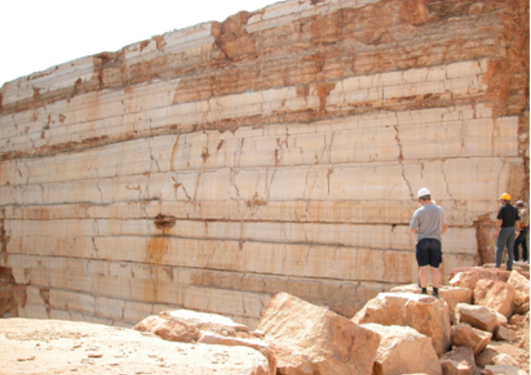

This course aims to give participant an overview of the carbonate reservoir characterization process. At the end of this course, the candidates should be able to classify carbonate rocks, interpret depositional systems and components and their implications for reservoir rock quality and distribution, understand basic diagenetic processes and their influences on reservoir properties and porosity distribution, Understand and apply carbonate seismic stratigraphy and sequence stratigraphy, understand carbonate rock type and rock type distribution, and finally have a basic knowledge of the workflow to build 3D reservoir model.
By the end of this course delegates will be able to:
Geologists, Geophysicists, Petrophysicists, Stratigraphers, Geochemists, Reservoir, Petroleum, Wellsite Geologists, Petroleum Engineers, Drilling Engineers, Reservoir Engineers, Production Engineers, Operations Engineers, Technologists, Log Analysts, E&P Personnel, Exploration & Development Personnel, Geologists, Reservoir Engineers, Seismic Interpreters, E&P Managers, Data Management and Oil & Gas Personnel
Course Outline:
CDGA attendance certificate will be issued to all attendees completing minimum of 80% of the total course duration.
| Code | Date | Venue | Fees | Register |
|---|---|---|---|---|
| GE114-02 | 21-06-2026 | Jeddah | USD 5450 | |
| GE114-03 | 14-09-2026 | Istanbul | USD 5950 | |
| GE114-04 | 06-12-2026 | Dubai | USD 5450 |
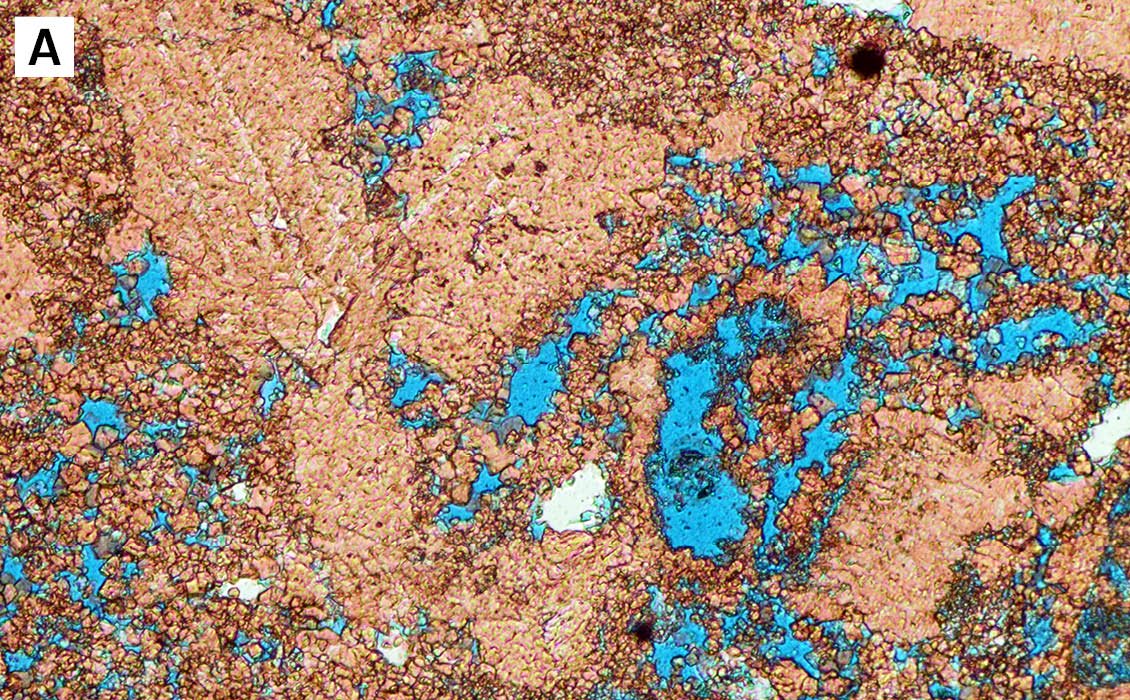
This course is designed to develop skills in understanding of the basic geometry and Petrophysical characteristics of carbonate reservoirs which can exhibit highly heterogeneous and complex properties ...
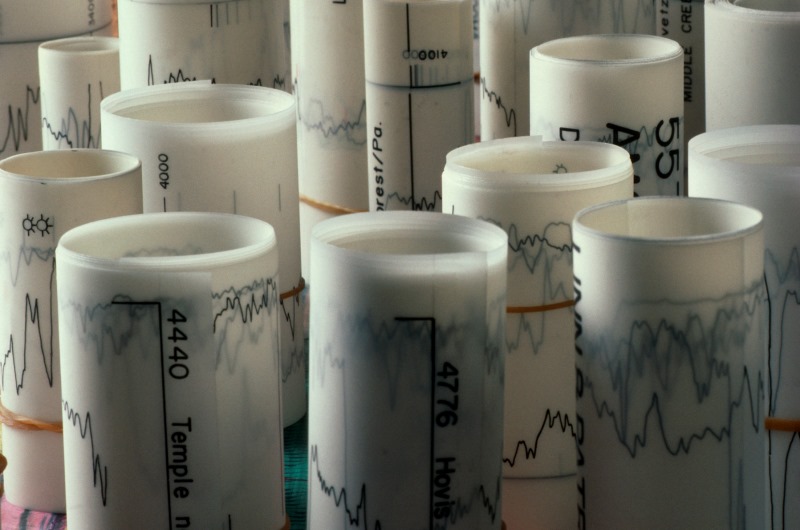
During this course the basic concepts of petro physical properties such as porosity, permeability and mineralogy in carbonate reservoirs will be covered. The relationships between these parameters and ...
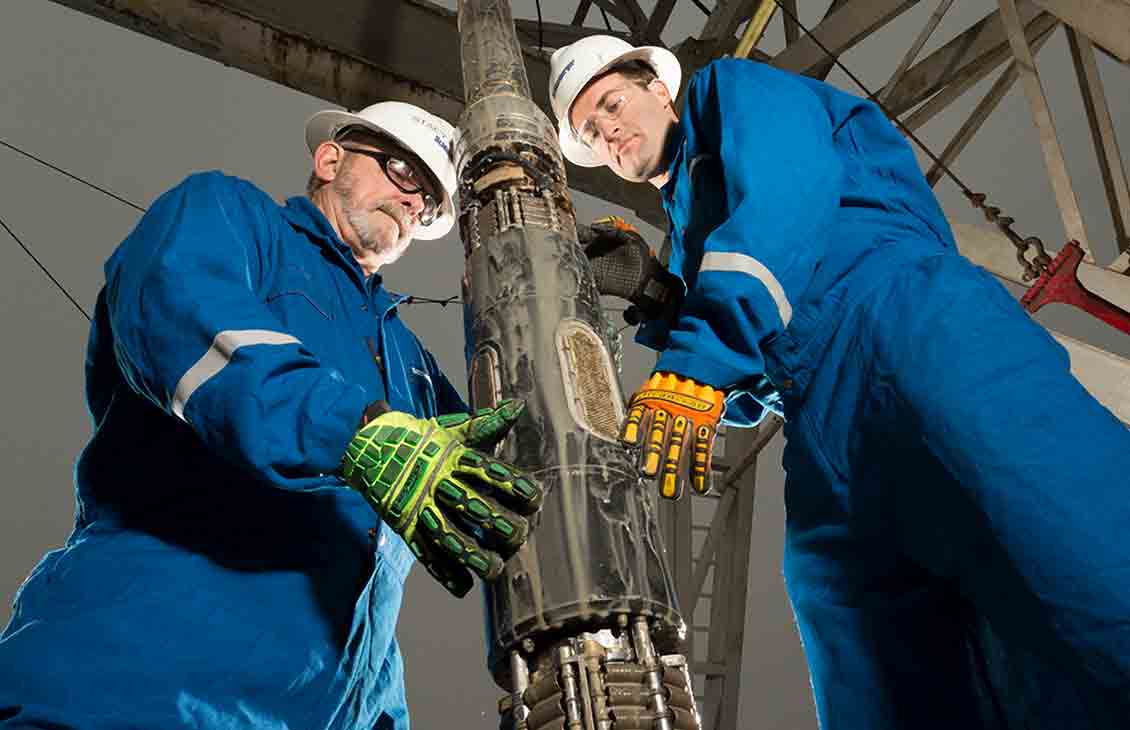
This five-day program introduces participants to established principles of carbonate sedimentology applied to hydrocarbon exploration and development geology. The purpose of this seminar is to intr ...
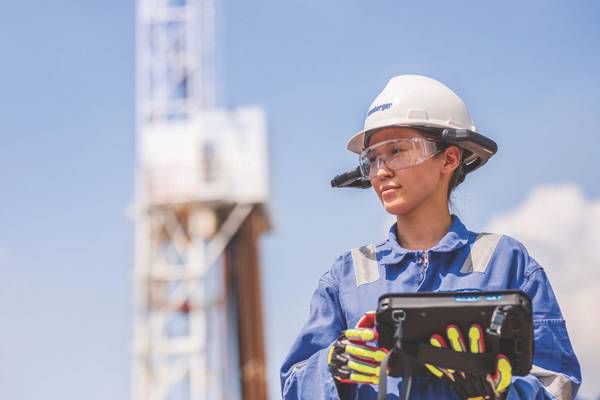
The course emphasizes the practical application of well test theory to the solution of real well testing problems from design through interpretation for oil, gas and water injection wells. Participant ...
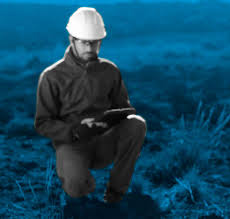
This course provides an introduction to seismic surveys, how they are justified, acquired, processed and interpreted. Throughout the course, the candidates will gain an understanding of the strengths ...
Providing services with a high quality that are satisfying the requirements
Appling the specifications and legalizations to ensure the quality of service.
Best utilization of resources for continually improving the business activities.
CDGA keen to selects highly technical instructors based on professional field experience
Since CDGA was established, it considered a training partner for world class oil & gas institution
3012, Block 3, 30 Euro Business Park, Little Island, Co. Cork, T45 V220, Ireland
Mon to Fri 09:00 AM to 06:00 PM
Contact Us anytime!
Request Info